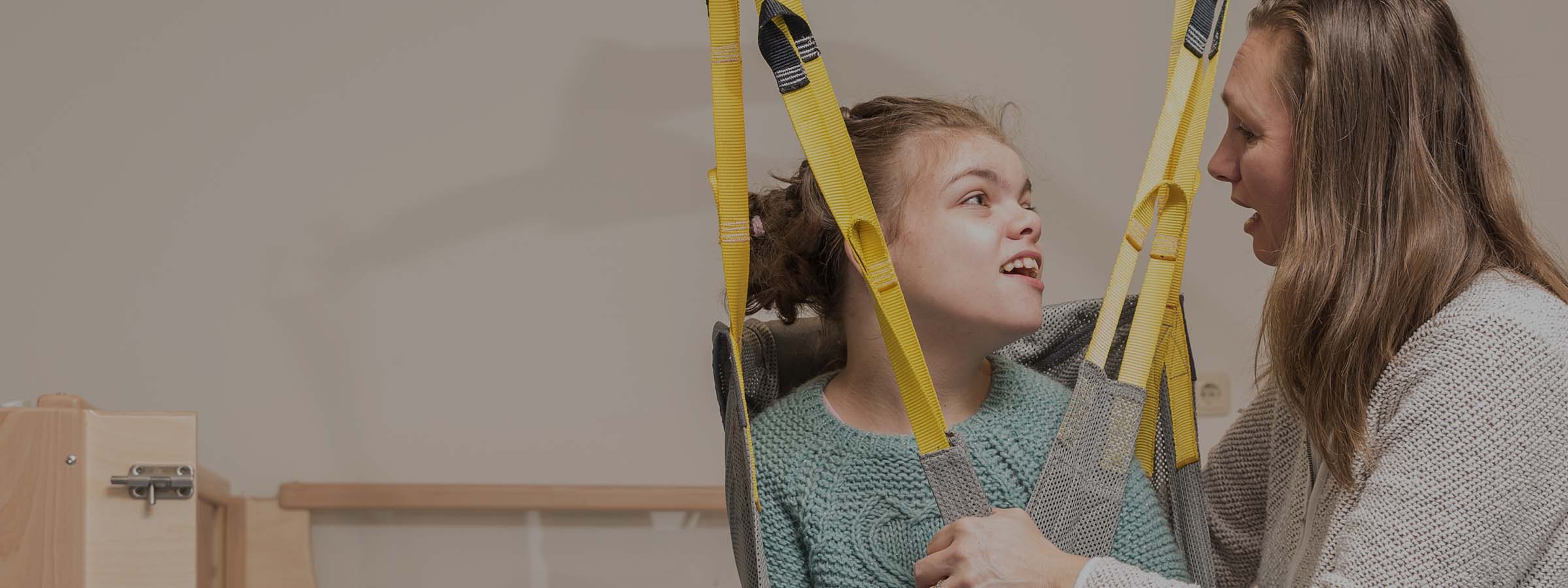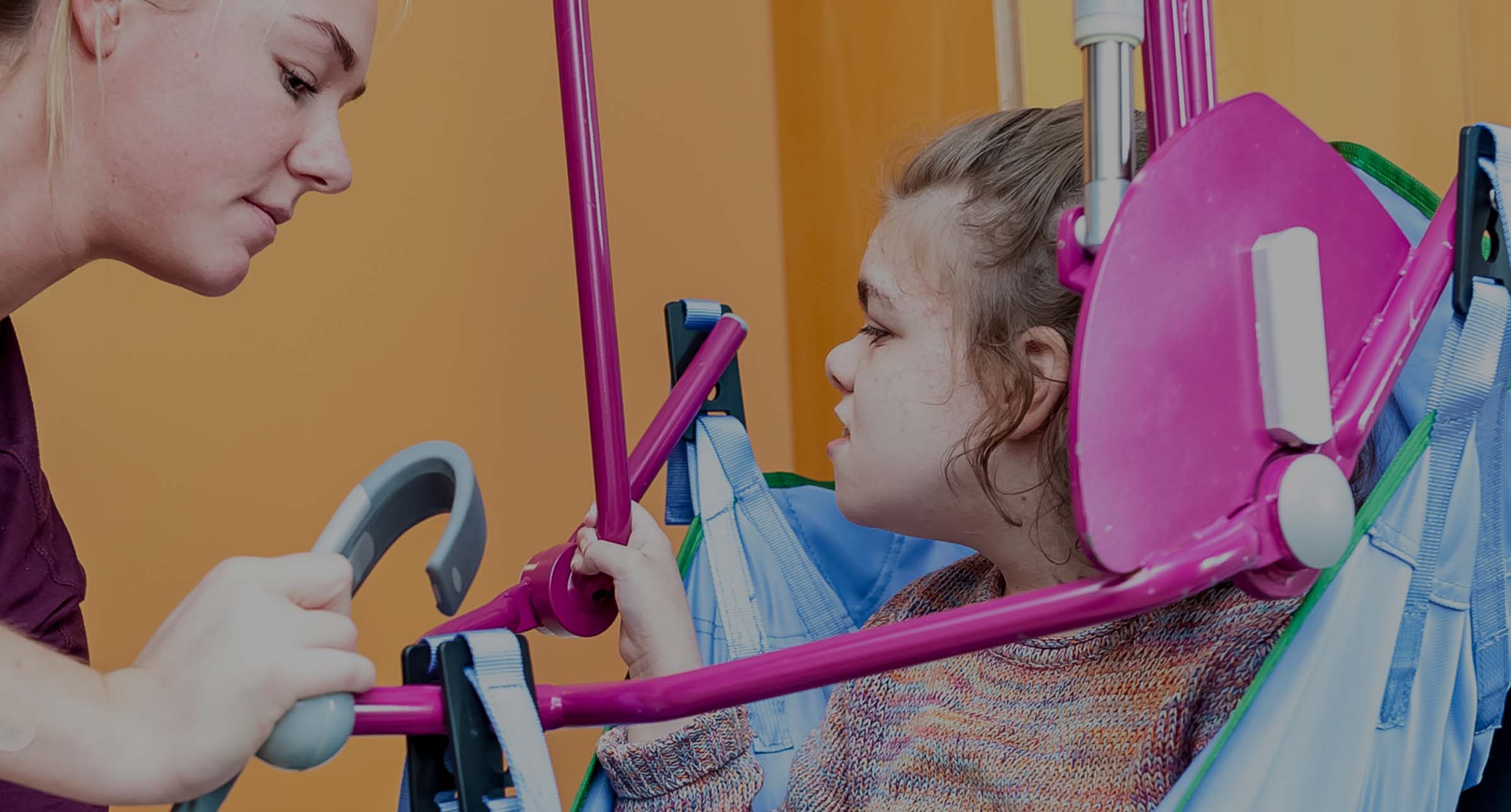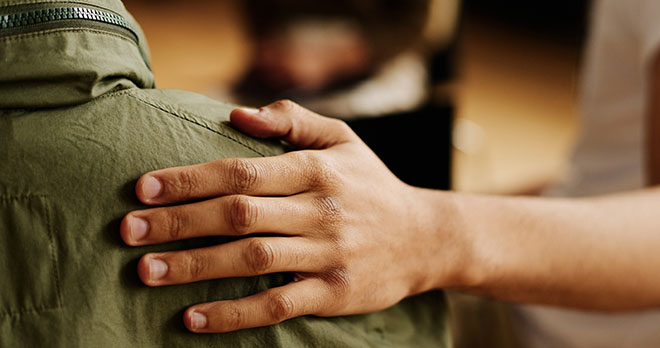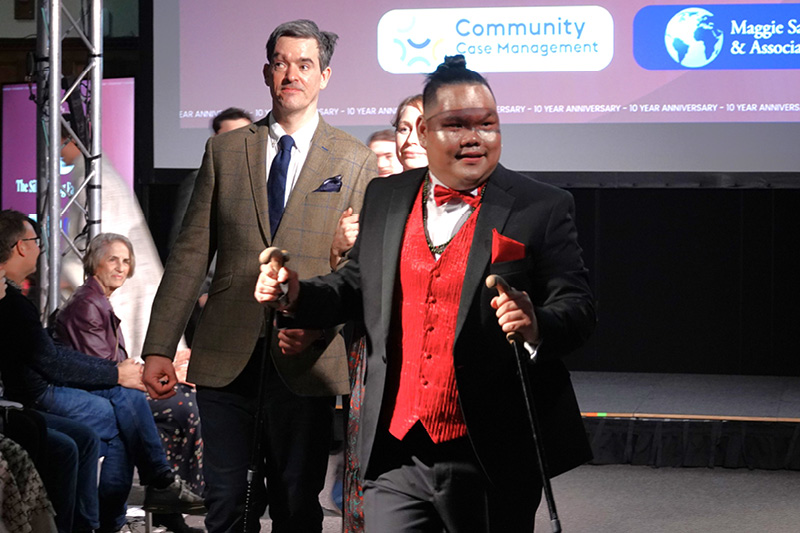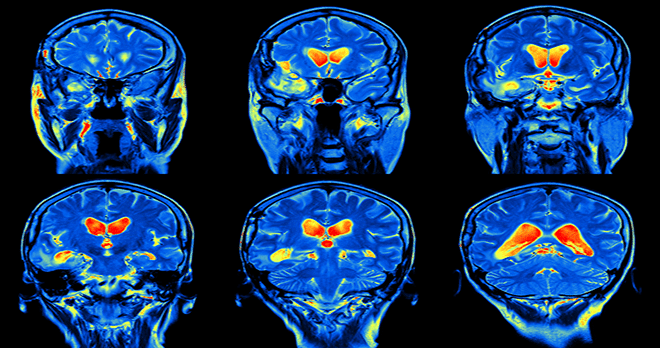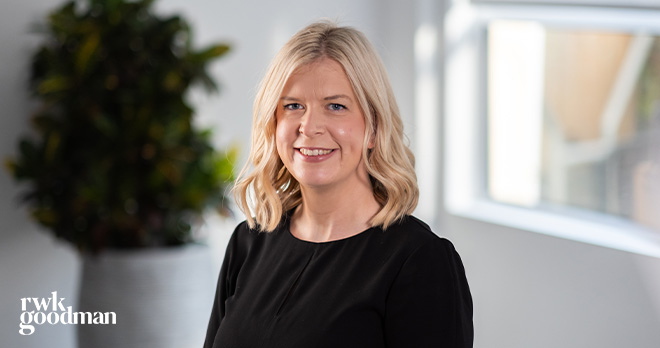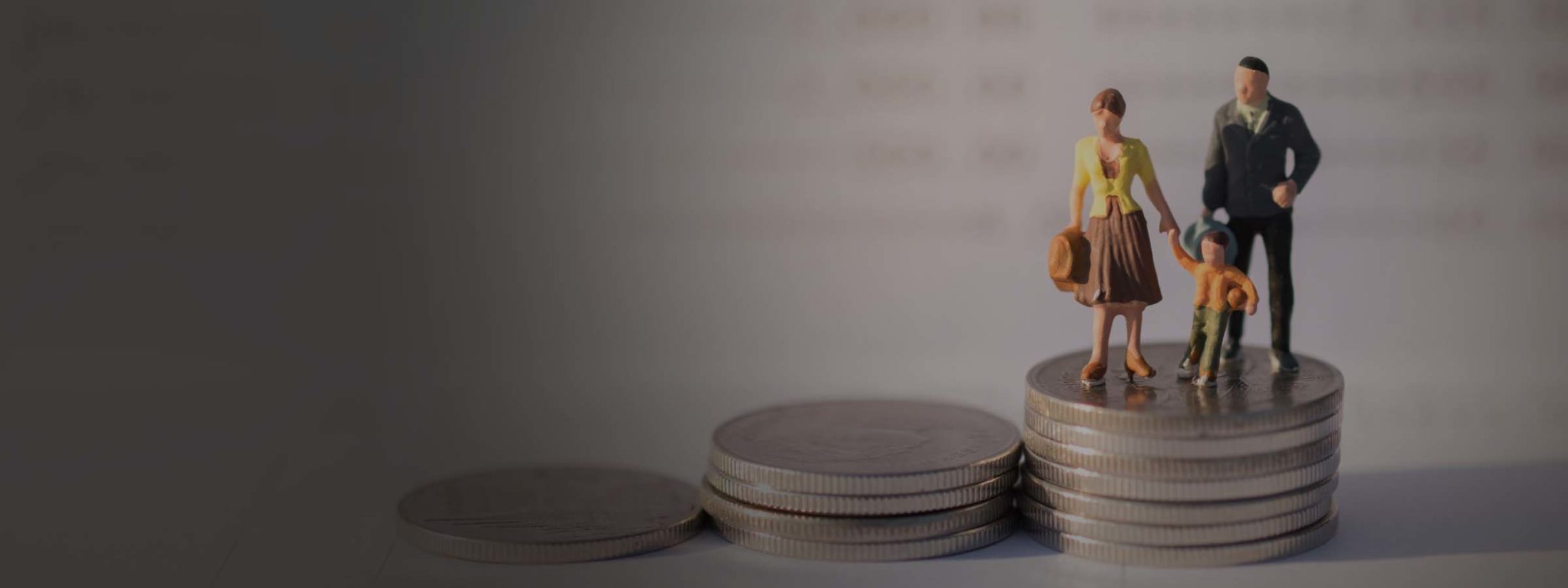

Financial Assistance for Little Champions
Living with a Little Champion can be expensive and, in addition to statutory support, there are several charities and trusts that can assist in meeting the additional costs associated with your child’s particular needs:
Statutory Support
Statutory support can come in lots of different forms and local authorities have a duty to provide non-medical care services to children who are disabled. This provision may include:
The Education Act 1996 identifies four categories of children who are entitled to free transport, which includes:
-
Children who live outside of ‘walking distance’ from their school;
-
Children from low income families;
-
Children who cannot reasonably be expected to walk to school because of the nature of the route; and
-
Children who can’t reasonably be expected to walk to school because of their special educational needs, disability, or mobility problems.
Your child may fall in categories 1-3. The walking distance to school is two miles for children under the age of eight, and three miles for children aged eight and over.
However, many Little Champions are likely to be eligible under category 4 which applies if your child:
-
is aged between five and sixteen years old; and
-
has special educational needs, a disability or mobility problems; and
-
cannot reasonably be expected to walk to school because of these needs.
Each child will be assessed on an individual basis to identify their particular transport requirements.
To apply for school transport visit: gov.uk/apply-school-transport-for-child-with-special-educational-needs-sen
Since December 2019, adults and children who need a wheelchair can access a Personal Wheelchair Budget. Personal Wheelchair Budgets are a new provision, designed to give people greater choice over the wheelchair provided. People can add their own money or money from charities to their Personal Wheelchair Budget to purchase their wheelchair of choice. The size of a Personal Wheelchair Budget is assessed on an individual basis depending on a person’s needs.
Visit the NHS website to find out more: england.nhs.uk/personal-health-budgets/personal-wheelchair-budgets
Your local council may be able to provide a grant of up to £30,000 in England and £36,000 in Wales to make adaptations to your home such as widening doors; installing ramps, hoists or stair lifts; or providing a downstairs bathroom. Depending on your income or savings, you may have to pay towards the cost of the work but children under the age of 18 can receive a grant without their parents’ finances being considered.
You can find out more about the grant on the Government’s website: gov.uk/disabled-facilities-grants
Disability Living Allowance (DLA) for children is designed to help families with the extra costs of looking after a child with a disability. DLA is not means-tested and does not have a negative effect on other benefits you may be claiming on behalf of your child. You can receive up to £156.90 per week depending on your child’s needs.
DLA is one benefit made up of two components: a care component and a mobility component. To be eligible for the care component your child must need more care than a child of the same age who does not have a disability. The care component can be claimed from any age.
To be eligible for the mobility component, your child must have difficulty moving about and be at least three years old.
DLA claim forms are available by phone 0800 121 4600 or can be downloaded from the government website here: gov.uk/government/publications/disability-living-allowance-for-children-claim-form
The advantage of requesting a form by phone is that your child’s DLA may be awarded from the date that the form is requested. If you download the form from the website, the DLA is only awarded from the date that the completed form is submitted.
If you or your child are over sixteen, you can apply for a Personal Independence Payment (PIP), a tax-free benefit known formerly as Disability Living Allowance (DLA) for adults.
Find out more on the Government’s website: gov.uk/pip
As a carer of a Little Champion, you may also be entitled to direct financial support from the Government, such as a Carers’ Allowance, Carers’ Credit, certain employment rights and respite care/short breaks.
You can find out how to claim these on the Government’s website: gov.uk/carers-allowance
If your child gets the higher rate mobility component of Disability Living Allowance they may be eligible for the Motability Scheme.
The Motability Scheme enables people to use their government-funded mobility allowance to lease a new car, scooter or powered wheelchair.
Find out more about this scheme at: motability.co.uk
Little Champions who hold a Blue Badge can park in disabled parking spaces and other spaces, although different rules for Blue Badge holders apply in different towns.
If your child receives the higher rate mobility component of Disability Living Allowance, or is registered blind, they will automatically qualify for a Blue Badge. However, if your child has great difficulty walking and is not yet old enough to qualify for the mobility component of DLA, it is still worth applying because Blue Badges can be awarded on a discretionary basis.
You can apply for a Blue Badge here: gov.uk/apply-blue-badge
Charities & trusts
There are many charities and trusts passionate about supporting Little Champions by providing grants for:
- wheelchairs & equipment
- holidays
- therapies
Wheelchairs & equipment
Whizz-Kidz provides a range of mobility equipment to Little Champions. The mobility equipment they provide includes manual wheelchairs, powered wheelchairs, buggies, trikes and sports wheelchairs.
Visit Whizz Kidz website to find out more: whizz-kidz.org.uk
Children Today provides money for specialised equipment for children and young people up to the age of 25 years old. They can provide grants for electric wheelchairs, walking aids, adapted trikes, adapted car seats, sensory equipment, hoists and sleeping equipment.
Visit Children Today’s website to find out more: childrentoday.org.uk
The Family Fund provides grants for families in the UK who are raising a disabled child or a child who is seriously unwell. You can apply for grants for all sorts of things that you feel would make a difference to your child’s life. Some popular grants include sensory toys, computers, play equipment but they also provide grants for activities.
Visit The Family Fund’s website to find out more: familyfund.org.uk
Cheyne Charity for Children with Cerebral Palsy accept requests for funding for equipment such as seats, standing frames, tricycles, powered mobility, computers and respite breaks.
Visit the Cheyne Charity for Children with Cerebral Palsy’s website to find out more: cheynecharity.org
Newlife Charity can provide funding for beds, buggies, wheelchairs, seating systems and other equipment.
Visit the Newlife Charity’s website to find out more: newlifecharity.co.uk
The Boparan Charitable Trust accept applications for funding for powered and manual wheelchairs, specialist trikes, buggies, car seats, walkers, standing frames, sensory toys, hoists, beds, and P Pod chairs.
Visit the Boparan Charitable Trust’s website to find out more: theboparancharitabletrust.com
Peeps is a charity dedicated to supporting families affected by hypoxic-ischaemic encephalopathy (a lack of oxygen to the brain). Peeps provides grants of up to £400 for various pieces of equipment.
Visit Peeps HIE’s website to find out more: peeps-hie.org/hie-awareness-support
Independence at Home is a charity that provides grants for equipment, home adaptations and essential household items.
Visit the Independence at Home website to find out more: independenceathome.org.uk
Holidays
Kids in Action provides support to children and young adults with special needs. They have three caravans in a holiday park in Great Yarmouth, complete with wet rooms and ramps. This ‘home from home’ accommodation comes with central heating and double glazing – not to mention the swimming pool, crazy golf and entertainment available at the park.
Find out more about Kids in Action here: kidsinaction.org.uk
The Kensington Foundation’s Daisy Chain Project offers holidays in bright and modern accommodation in Blackpool for families caring for a Little Champion. The holiday homes come free of charge and are wheelchair accessible. There are 10 self-contained apartments and they look absolutely charming. Equipment is available to hire including portable hoists, changing mats etc.
Visit The Kensington Foundation’s website to find out more: kensingtonfoundation.com
The Dream Makers Children’s Charity grants wishes and dreams to children with disabilities. The wishes could be a holiday at Disney World, a trip to Lapland or the opportunity to swim with dolphins. They also have a number of large mobile holiday homes in Devon for children who are unable to travel further afield.
Visit The Dream Makers Children’s Charity’s website to find out more: dreammakerschildrenscharity.com
Therapies
The Boparan Charitable Trust accepts applications for funding for therapies including speech and language therapy, occupational therapy and behavioural therapy.
Visit the Boparan Charitable Trust’s website here to find out more: theboparancharitabletrust.com
Raising Money
Some Little Champions and their families have been successful in raising money for particular pieces of equipment or therapy through fundraising. There are a couple of platforms online that make this possible:
Crowdfunder aims to connect projects that matter with people who care:
Go Fund Me is a similar fundraising platform:
Guidance for Little Champions
Please find out more about any of the following areas in our guide:
Read insights from our experts
View more articles related to Birth Injury, Brain Injury and Compensation Protection
